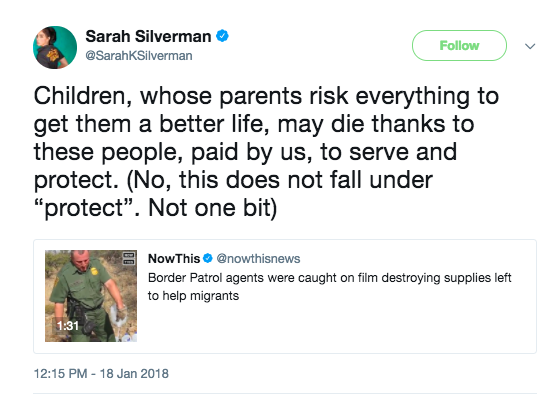I've made little secret of my disdain for the Trump-loving website
American Greatness. Part of this, I guess, is personal: I know a couple of the people who run the site and, until about a year ago, thought that though they were conservative, they'd still avoid Trumpian nonsense. That was wrong. I'm still working that out.
But it's also the case that I think 99 percent of what happens at AmGreatness is mean-spirited and unreflective, so sure of itself and its own rightness, yet small in soul and generosity. "Greatness" seems to be defined almost as its inverse. I'm not a conservative, but I don't think that has to define conservatism or my friends. Yet, for the moment, it does.
One other problem: The central conceit of American Greatness, to my mind, is that "saving America" means an end to politics. Progressives are always plotting to destroy the country — as are NeverTrump conservatives and Mitch McConnell, apparently. And in a way, this makes sense: The surest route for people to back a clear charlatan like Donald Trump is to convince oneself that America is perpetually on the brink. One outcome of this: Writers at the sight veer, from time to time, into pondering how to make liberal criticism of Donald Trump punishable by law. In any case, the language of the typical AmGreatness article is one of preparing for Civil War.
AmGreatness also seems unable to define America in ways that include people of color to any significant degree.
An exception to all of this is the writings of Henry Olsen. He's a a senior fellow at the Ethics and Public Policy Center, a conservative. But his appearance at the site gives me hope, because he's counseling his Trump-loving fellows to, uh, maybe ease up on the war talk. Here's an excerpt from his latest that I think my left-of-center friends could
well afford to hear:
There are many Americans who do not see our politics as a fight between good and evil. Their votes will determine which side, progressives or conservatives, wins the conflict. If we are in a Flight 93 moment, if we do need to fight to preserve American ideals, then it behooves conservatives to try to attract those people’s votes rather than to denigrate them as “squishes” or as other sorts of undesirables whose company we deign to keep. That requires more than shouting our own principles more loudly and more clearly. It means speaking in such a way that can appeal to these voters and invite them to be a part of our coalition.
That does not mean abandoning principle. It does mean understanding how to talk with and attract people who do not necessarily share your core premises. That in turn requires some degree of toleration, some degree of kindness, some degree of inclusion. Is your neighbor who thinks abortion ought to be legal in the first trimester but not thereafter, your enemy or a potential ally? Is your co-worker who thinks everyone should have decent health coverage but doesn’t think the government should run the health care system a squish or a potential convert? These are the questions I want us to ask and answer, as I think these are the questions that answering can help determine victory or defeat.
Emphasis added. Olsen's clearly speaking to conservatives here, but again, liberals might consider what he says here.
Since the moment Donald Trump won, the sense I've heard from my lefty friends regarding anybody who voted for him boils down to: "
Fuck 'em." I get the impulse, but ultimately think it's wrong-headed. Why? Well, for one thing, we share a country with these folks: If we're not going to actually go to war with them, we need to figure out how to live with them. But also: We live in a democratic republic. To take power back means winning elections. That means it behooves liberals to try to attract those people’s votes rather than to denigrate them as “deplorables,” or writing them off altogether.
That does not mean abandoning principle. It really does not mean silently nodding along when your neighbor says racist things, in hopes you can still grab their vote. But as Olsen says: It does mean understanding how to talk with and attract people who do not necessarily share your core premises. That in turn requires some degree of toleration, some degree of kindness, some degree of inclusion.
I'd rather attempt that than live in a country where roughly half of us would be happy, more or less, to see the other half silenced — or even die. The task of winning minds is hard. Very hard. But it's the worthy way. I'm glad somebody on the Trumpist side seems to think so, too.

 I've
I've 
